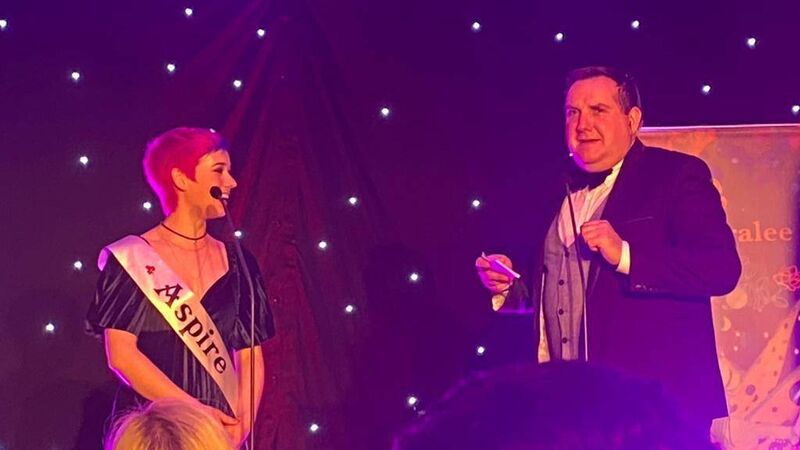One autistic woman describes her experience competing to be the Dublin Rose

Caoilinn Handley: entered the Dublin Rose of Tralee selection to help create representation for neurodivergent people at the event
As the conversation around neurodivergence has picked up in recent times, there’s a general mood around its communities that the conversation needs to begin shifting away from awareness, and on to acceptance - moving toward a more pluralistic society that provides a wide array of social and sensory accommodations for autism, ADHD, dyspraxia, dyslexia and other neurological differences.
Seeing neurodivergent people visibly occupying a variety of roles in society - and expressing their authentic selves and their perspectives in the process - is a goal many people in the neurodivergent community share. One such person is Dublin film-maker and activist Caoilinn Handley, whose relationship to her autism changed when she saw her experience represented on-screen.








